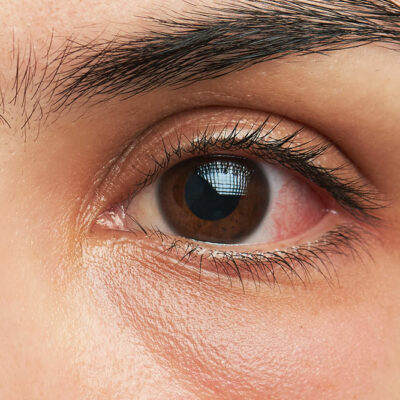
Early signs and symptoms of an asthma attack
Asthma is an inflammatory disease of the airways which disrupts the proper transport of air to the lungs. The airways become narrow and swell and also produce extra mucus due to this disease. This can make breathing difficult and trigger coughing and wheezing. For some people, asthma could be a minor nuisance, but for others, it could be life-threatening.
Asthma is a non-curable disease. However, its symptoms can be controlled by certain medications, devices called inhalers, and lifestyle changes. It is essential to know the symptoms of an asthma attack to ensure proper and timely treatment. Asthma patients might experience long periods of time without any symptoms; and then might have an asthma episode without warning. Hence, it is crucial to carry medication with you to avoid any mishaps if you have been diagnosed with asthma.
Know more on asthma
Asthma can flare up under certain conditions, and the three important ones to look out for are exercise-induced asthma, occupational asthma, and allergy-induced asthma. High-intensity exercises can cause shortness of breath leading to an asthma attack if you have swollen airways. Workspaces might trigger asthmatic attacks through chemical fumes, gases or dust which affect the breathing process and irritate the airways.
An asthma attack is a sudden deterioration of asthmatic symptoms, involving the tightening of muscles around the airways known as bronchospasm. The lining of the airways get swollen and a lot of mucus is produced which causes difficulty in breathing, coughing, wheezing, shortness of breath and even fainting. The patient needs to be given medication immediately and taken to a hospital if the quick release inhaler is of no help.
Signs and symptoms of an asthma attack
The signs and symptoms of asthma usually recede within a few minutes to a few hours after treatment. You must keep track of mild attacks and inform the doctor about the frequency of them. This will help your doctor formulate a better treatment plan.
- Rapid worsening of breathing causing shortness of breath
- Increased chest pressure and tightness causing sharp pain
- Non-stop coughing
- Rapid breathing
- Severe wheezing while breathing
- Difficulty in talking
- Sweaty and pale face
- Blue lips or fingernails
- No recovery even after taking medications
A person with asthma and the people around them should know what to do when an asthma attack occurs. They can be guided by the physician and often the first step is to use the inhaler, which also has a technique. Mild asthma attacks can be handled safely with a prescribed inhaler, but severe attacks require immediate medical help and could be fatal if left untreated. It is important to know the triggers of asthmatic attacks and avoid them. Taking proper care when you are exposed to cold or polluted air, allergens and other triggers of asthma are vital. Such precautions can keep extreme asthma attacks away, even though mild attacks might occur occasionally despite taking care and precautions.


